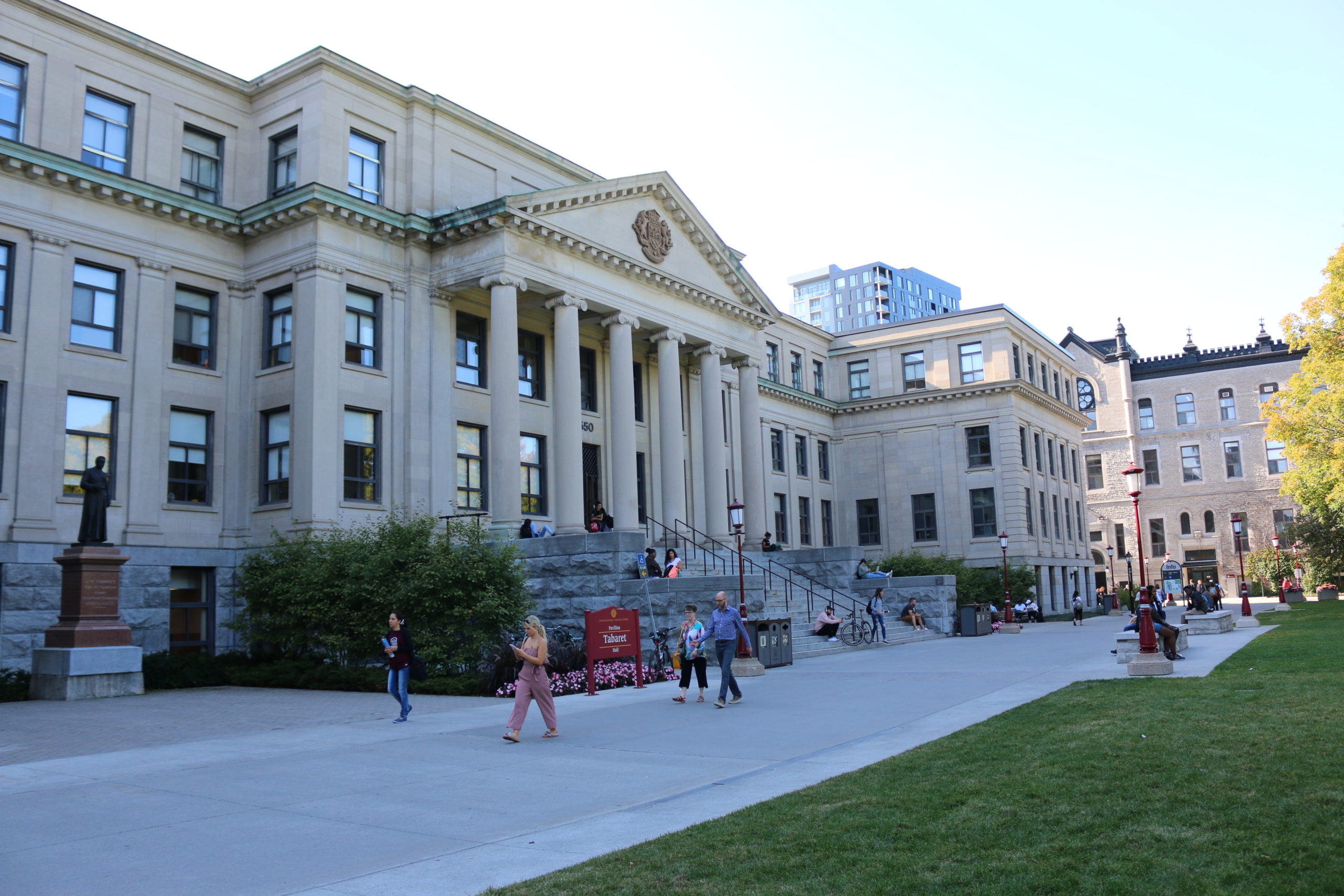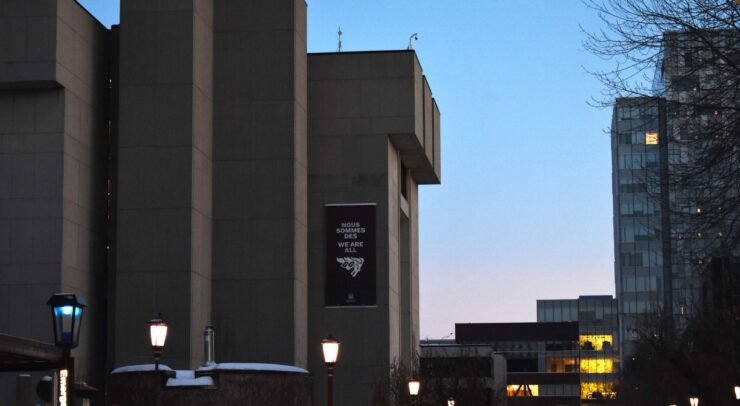Many are ineligible for numerous financial resources and employment opportunities
One year ago, I went from being a full-time student to studying part-time. The University of Ottawa classifies a part-time student as one who takes fewer than 12 course units in a semester. Typically, when I tell people I’m part-time, I’m met with laughs and remarks about “all my free time” from students and staff alike. This misconception about the reality of why students choose to study part-time carries heavy consequences.
In 2020, nearly 14 per cent of all undergraduate students at the U of O were enrolled on a part-time basis. The decision is not made lightly, and it’s not uncommon for students to choose part-time studies out of necessity. Studying part-time can mean more time to take care of sick relatives and our own medical needs, the ability to take more shifts to pay rent, and minimize interaction with a vastly unaccommodating virtual classroom experience.
However, the decision to study part-time has also made me and thousands of other part-time students ineligible for numerous scholarships, bursaries, CO-OP opportunities, international exchanges, employment opportunities on campus, and government-funded summer employment.
The U of O prides itself on having “one of the most generous [scholarship programs] in the country,” yet the vast majority of funding is available only to full-time students. This leaves over five thousand part-time undergraduate students with severely limited options for financial support. This is yet another symptom of an administration with little care for its most vulnerable students.
Statistically, part-time students are far more likely to be financially independent, work full-time, or have children of their own. These conditions are often intersectional with students who are low-income, racialized, or disabled, to name a few — communities that are well-known to be cast aside by postsecondary institutions.
While there is little data on Canadian post-secondary institutions, parallels can be drawn from the comprehensive analysis of the state of part-time students in America done by the Center for American Progress. Just over half of students who are enrolled part-time for a portion of their postsecondary career eventually earn a degree, as opposed to 80 per cent of their full-time counterparts.
The disparity in graduation rates between full- and part-time students is, in part, a reflection of how little attention and resources are paid to these students. Living through a pandemic, more students than ever are faced with extreme circumstances and are in desperate need of financial support and employment opportunities.
Going part-time is often seen as a “setback” in a student’s academic career, but this is only true so long as universities continue to give up on students who do not fit the traditional mold. Students must not be punished for studying part-time, but provided with support to succeed regardless of their circumstances.
The U of O is a microcosm of a nationwide neglect towards part-time students. This neglect makes it more difficult for part-time students to complete a postsecondary education and maintains the status quo of university graduates (and, as a result, those in positions of power in the workforce) being those with the financial and social means to pursue a “typical” full-time degree.
Scholarships and bursaries account for only eight per cent of the U of O’s annual expenditures — a stark contrast to the 65 per cent attributed to salaries and benefits, especially considering the hundreds of millions of dollars in tuition revenue. If the U of O is truthful in its commitment to supporting and uplifting its most vulnerable students, the university must, at the very least, expand its financial support to better include part-time students.





